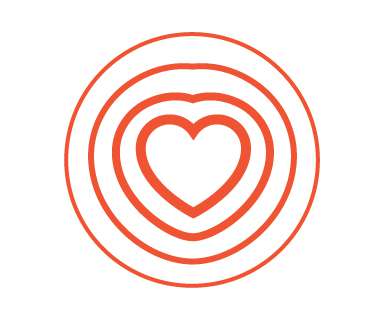Black Health Should Matter More in America: The Undefeated Survey on Race and Health
Health Populi
OCTOBER 15, 2020
More than twice as many Black men believe that in 2020 compared with 2006. More than four times as many Black women believe that it’s a bad time to be Black in America in 2020 versus 2011, we learn from The Undefeated Survey on Race and Health from Kaiser Family Foundation (KFF). adults which included 777 Black Americans.












Let's personalize your content